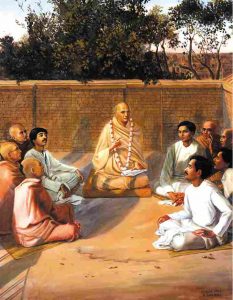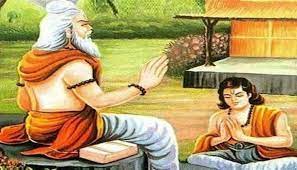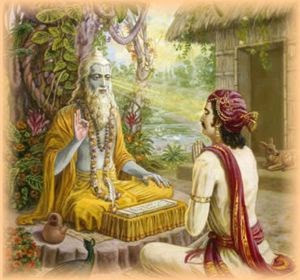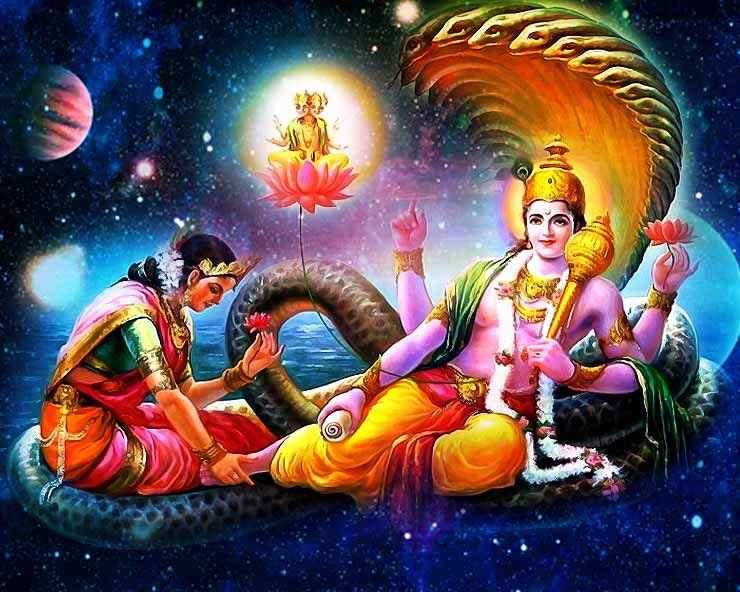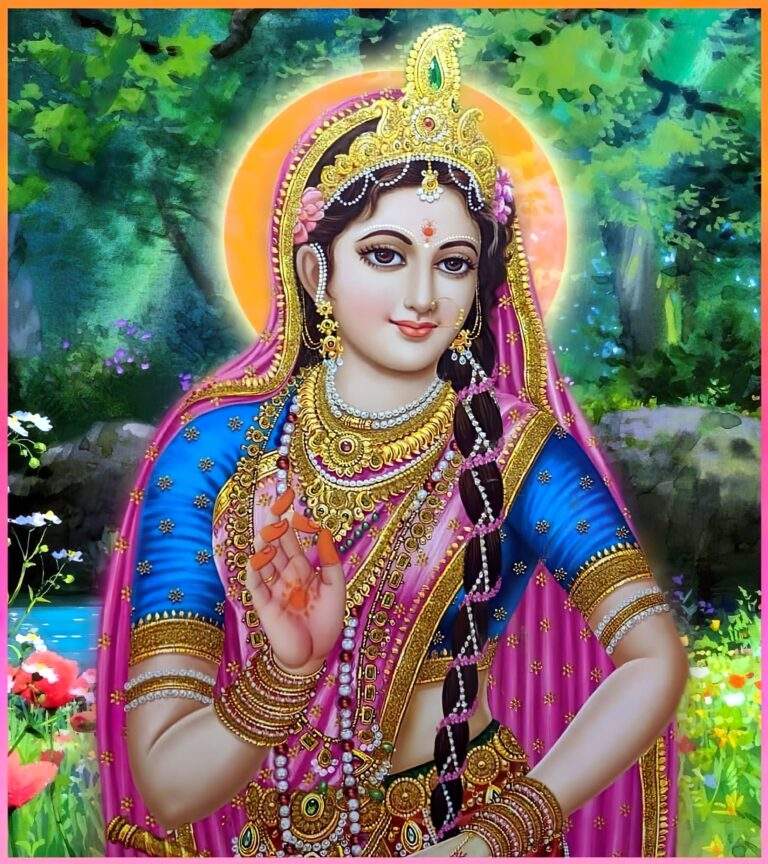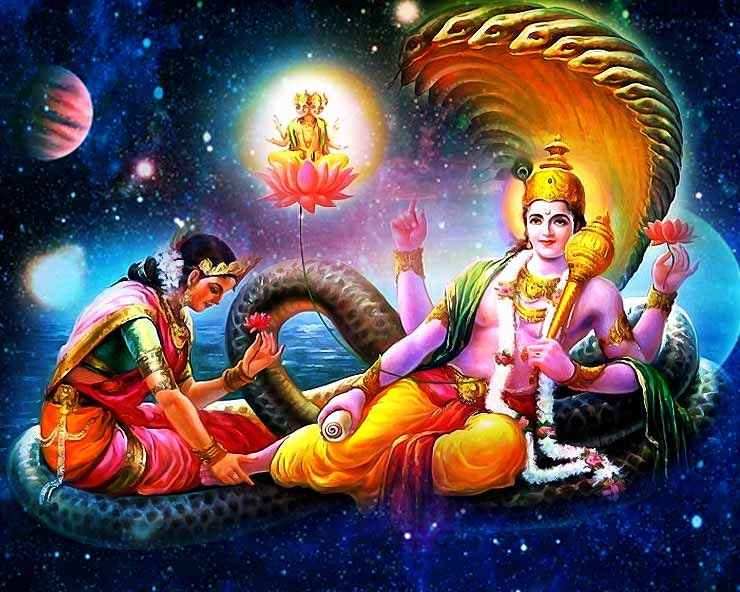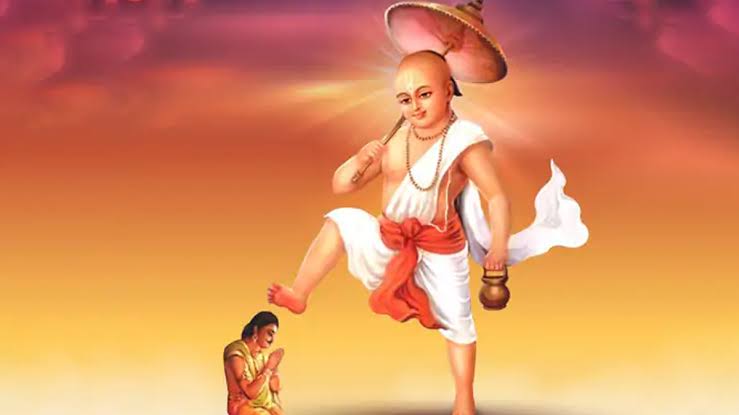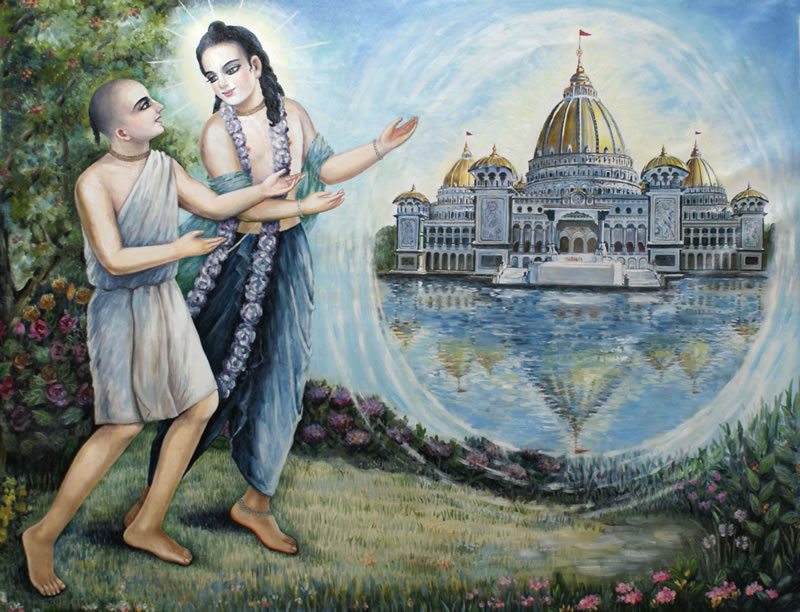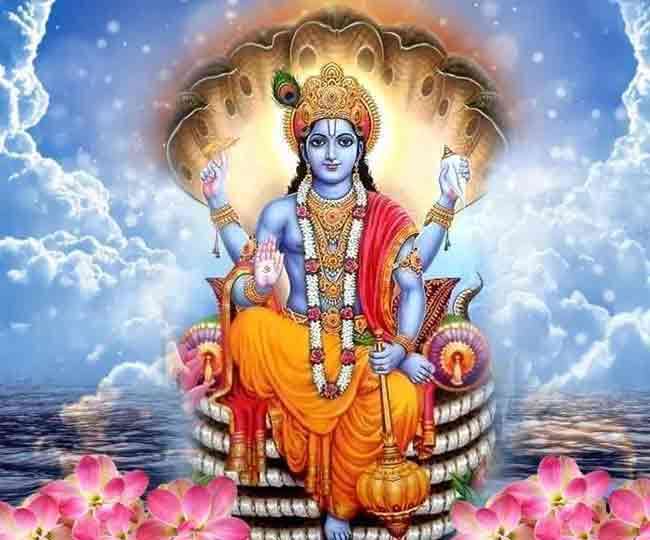What are the guidelines for surrender?
There is no essential difference between a fully surrendered soul and a person in the renounced order of life. The only difference is that a fully surrendered soul is completely dependent upon Krishna. There are six guidelines for surrender:
• One should accept everything that is favorable for the discharge of devotional service, and one should be determined to accept the process.
• One should give up everything that is unfavorable to the discharge of devotional service, and one should be determined to give it all up.
• One should be convinced that only Krishna can protect him and should have full faith that the Lord will give that protection. An impersonalist thinks that his actual identity is in being one with Krishna, but a devotee does not destroy his identity in this way. He lives with full faith that Krishna will kindly protect him in all respects.
• A devotee should always accept Krishna as his maintainer. Those who are interested in the fruits of activities generally expect protection from the demigods, but a devotee of Krishna does not look to any demigod for protection. He is fully convinced that Krishna will protect him from all unfavorable circumstances.
• A devotee is always conscious that his desires are not independent; unless Krishna fulfills them, they cannot be fulfilled.
• One should always think of himself as the most fallen among souls so that Krishna will take care of him.
Such a surrendered soul should take shelter of a holy place like Vrndavana, Mathura, Dvaraka, Mayapur, etc., and should surrender himself unto the Lord, saying, “My Lord, from today I am Yours. You can protect me or kill me as You like”. A pure devotee takes shelter of Krishna in such a way, and Krishna is so grateful that He accepts him and gives him all kinds of protection. This is confirmed in Srimad-Bhagavatam (11.29.34) where it is said that if a person who is about to die takes full shelter of the Supreme Lord and places himself fully under His care, he actually attains immortality and becomes eligible to associate with the Supreme Lord and enjoy transcendental bliss.
Source: A.C. Bhaktivedanta Swami Prabhupada (2012 edition), “Teachings of Lord Caitanya, The Golden Avatara”, Page 140



